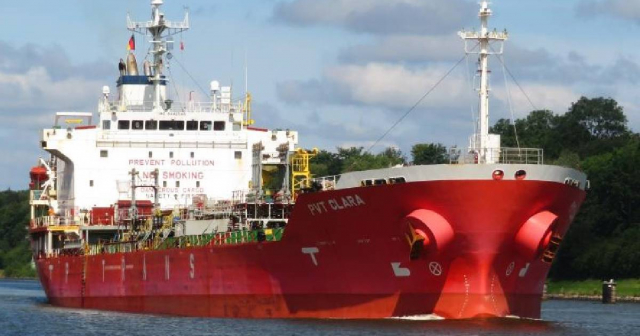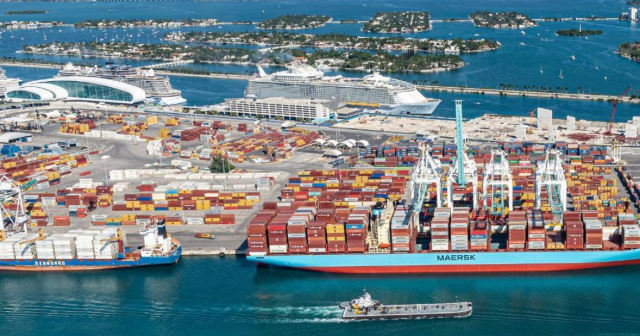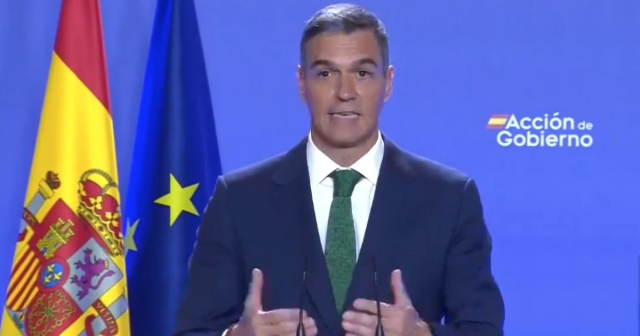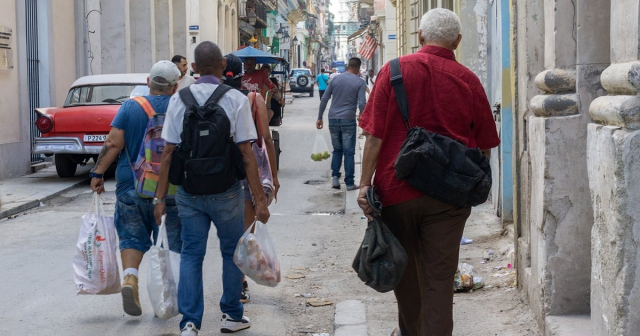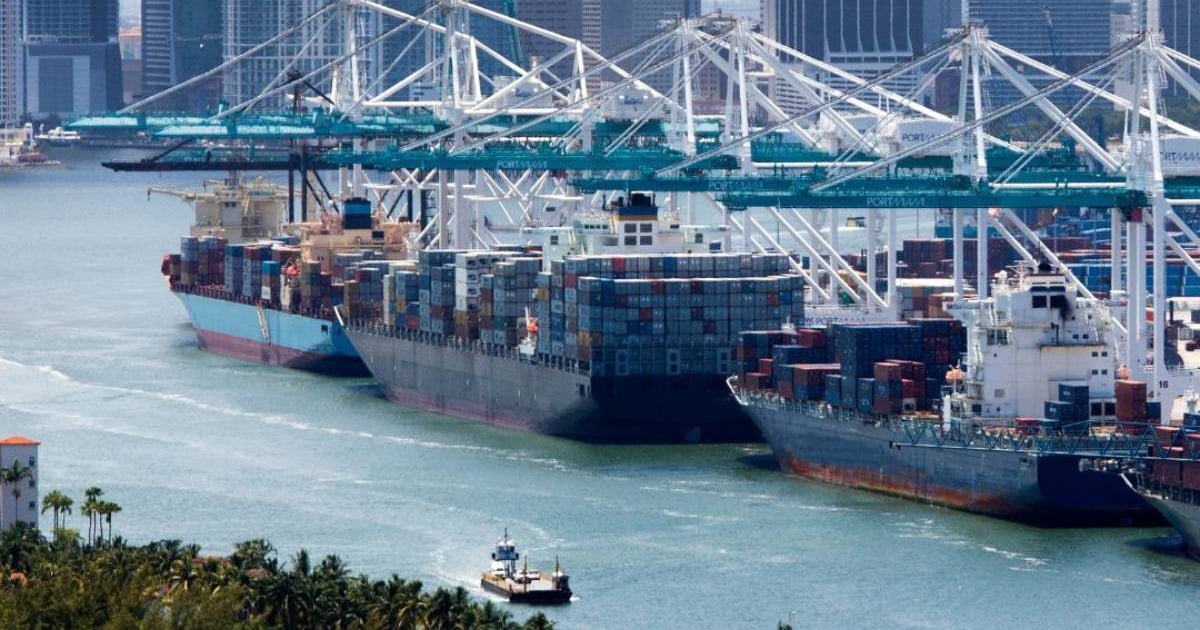
The International Longshoremen's Association announced the suspension of the strike at the ports of the East Coast and the Gulf of the United States, and at the Port of Miami, after receiving a new salary offer from the Maritime Alliance of USA.
The shutdown, which lasted more than 48 hours, had caused significant impacts on the U.S. economy and kept other countries, such as Cuba, on edge, as containers with food and goods from the United States remained held up due to the stoppage.
The union representing port workers, made up of about 45,000 employees, decided to return to work after reaching a provisional agreement with the employers.
AP indicated that the new offer includes a 62% salary increase over six years, a percentage significantly higher than the one initially proposed by the employers, but lower than the 77% requested by the union. Considering they have not achieved their goals, the union members will demand their rights again in January.
The strike began on Tuesday, raising concerns among the American population, especially amid the holiday shopping season and five weeks before the presidential elections.
The affected ports handle approximately half of the country's maritime traffic, and the strike threatened to disrupt the supply of key products such as canned goods, seafood, and bottled water.
Preliminary estimates indicated that the U.S. economy could have suffered losses of up to 5 billion dollars per day if the strike continued.
The situation could be particularly critical for Cuba, which depends on imported products from the United States, such as frozen chicken, the only meat that Cubans frequently bring to their dining tables.
The suspension of the strike allows containers with food and other essential products to be released. The agreement with the dockworkers includes an extension of the current contract until January 15, while both parties return to the negotiating table to discuss pending issues.
Port workers have demanded a ban on the automation of cranes, gates, and trucks used in the loading and unloading of containers, fearing that technology could replace their jobs.
The President of the United States, Joe Biden, celebrated the decision to suspend the strike and reopen the ports. He also noted that the reopening of the ports will ensure the flow of critical supplies for recovery after Hurricane Helene.
The suspension of the strike provides a temporary respite for the U.S. economy and for countries dependent on its exports, although negotiations continue and the risks of future disruptions still remain.
What do you think?
COMMENTFiled under:

